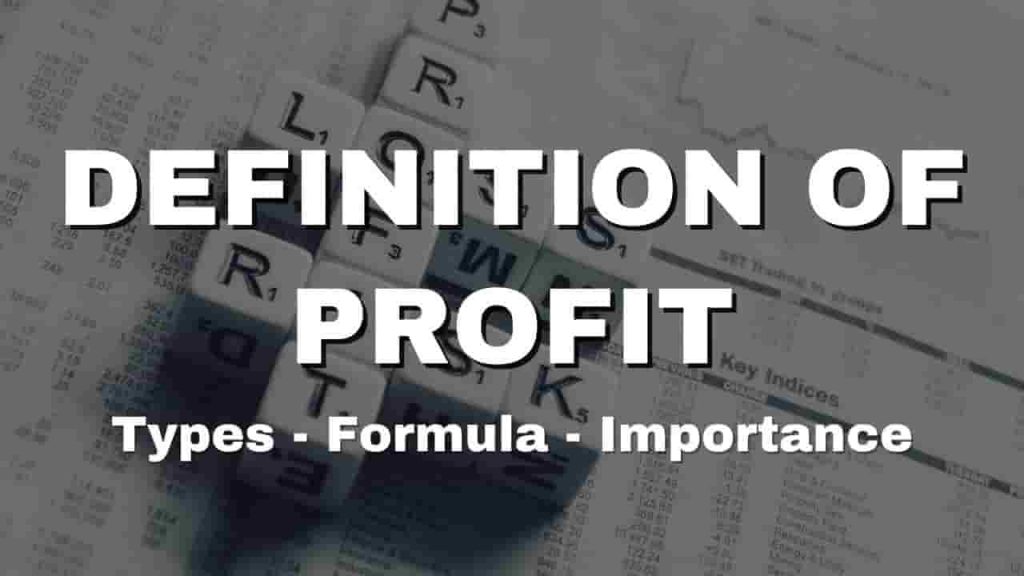Definition of Economics
What is Economics
Economics is not a natural science, i.e., it is not concerned with studying the physical world like chemistry, biology. Social sciences are connected with the study of people in society. It is not possible to conduct laboratory experiments, nor is it possible to fully unravel the process of human decision-making.
Define Economics:
“Economics is the study of how we, as individuals, participate in the production, distribution, and use of products and services in a society.” The term economics is derived from the Greek words oikos (house) and nomos (custom or law), and thus means “household rules.”
or
“The analysis of human interaction as a relationship between ends and limited resources with various uses.”
Adam Smith’s Definition of Economics
An inquiry into the nature and causes of the wealth of nations.
Adam Smith
Types of Economics:
There are two major types of Economics:
1. Microeconomics
2. Macroeconomics
Micro Economics:
This branch of economics studies the various components of the economy, especially economies, prices, businesses, production, and supply. Microeconomics is the study of how people, families, and businesses make choices to distribute scarce capital, typically in economies where products and services are purchased and sold. It also investigates how these actions and activities influence the supply and demand for goods and services, which influences prices, and how prices, in turn, influence the supply and demand for goods and services.
Macro Economics:
This branch of economics examines the whole economy, focusing on issues such as GDP, jobs, inflation, and market cycles. Macroeconomics is concerned with the “sum total of economic activity dealing with the problems of productivity, inflation, and unemployment, as well as national economic policies related to these issues,” as well as the impact of government decisions (for example, changing taxation levels) on them.
BRANCHES OF ECONOMICS
Normative Economics:
Normative economics is a type of economics that includes value decisions on how the economy should be or what specific policy measures should be recommended to accomplish a desired objective.
Here are some examples:
1-A normative economic theory not only explains how money supply growth impacts inflation, but it also makes policy recommendations.
2- A normative economic theory not only explains how interest rates influence inflation, but it also advises on what policy should be implemented.
Positive Economics:
Positive economics, on the other hand, is the study of reality and actions in an economy, or “the way things are.” Positive arguments on how an economy operates, which can be proven or disproven, i.e.
Our economy’s unemployment rate is rising. Positive economics is often referred to as “what is” economics.
Here are some examples:
1- A positive economic theory helps explain how money supply growth influences inflation, but it does not include policy recommendations.
2- A positive economic theory can explain how interest rates influence inflation, but it does not offer advice about what policy should be implemented.
FACTORS OF PRODUCTION
Factors of production are components of the manufacturing process. They are the tools used to manufacture products and provide services. The following are the production factors:
Land:
Land used for agriculture or industry, as well as natural resources extracted from above or below the surface.
Capital:
Capital is made up of long-lasting producer products (machines, trees, etc.) that are often used to manufacture other goods.
Labor:
It is the manpower used in the manufacturing process.
Entrepreneurship:
It entails administrative skills.
What is Economic Growth?
Economic growth is described as an increase in a country’s total production over time. It is the long-run growth of the economy’s output capacity. When a nation’s GDP rises, it indicates that the country is rising economically. Economic prosperity can be achieved by the the amount or efficiency of the economy’s wealth (labor, capital, land, and entrepreneurship).
For more, click here, and if you are looking for full forms of different acronyms and words, then check out this list. You really gonna find this helpful. We also have an Essay on every topic; check the complete list here. If you are Studying in Matric Free Video Lectures of Maths, Physics and English are here, and we have got you covered for I.COM Business Maths also.




